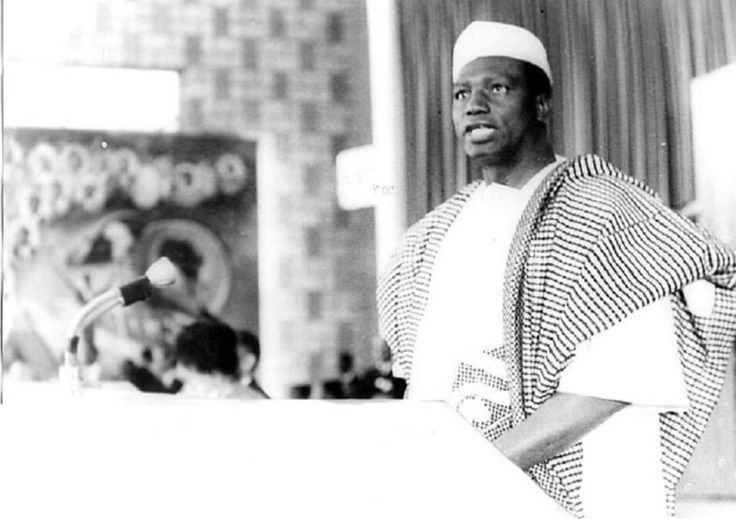On September 22, 1960, Mali gained independence from France, marking the birth of the Republic of Mali. Modibo Keita became the nation’s first president, carrying the hopes of not just political freedom, but also of shaping a country long governed by foreign rules.
He was a teacher by trade, a political organizer by calling, and the man who believed Mali should do more than change flags. He wanted a nation that could stand economically and culturally on its own feet.
Modibo Keita’s Vision of African Socialism
Keita’s vision of African Socialism was a system rooted in African traditions of solidarity, shared labor, and community. For him, independence had to mean reclaiming resources, reshaping society, and rebranding Mali as proudly self-defining.
One of the boldest steps came in 1962, when Mali withdrew from the CFA franc zone and introduced the Malian franc currency, Keïta argument was about sovereignty. A national franc meant Mali would no longer let decisions be made in Paris. It was a powerful statement, but it also cut Mali off from financial networks it badly needed.
He also believed in people more than policies. He put teachers, students, and young people at the core of his plan. Civic service programs sent youth to rural communities to teach, build, and support farmers. Schools opened in villages, literacy campaigns spread, and education became the heart of nation-building. This was how Keita imagined reshaping society from the ground up.
His vision was inspiring, but the reality was harsh. State monopolies and central planning caused shortages. Farmers and merchants felt squeezed by fixed prices. Rural communities, who expected quicker gains, became restless. By the mid-1960s, the optimism of independence was colliding with daily frustrations of inflation, food scarcity, and government control.
Politically, Keita believed unity required a single front, so his government moved toward one dominant party, the US-RDA. He thought this would hold the young nation together. Instead, it narrowed debate and increased frustration.
The Fall of Modibo Keïta’s Vision and the Legacy it Left Behind
On November 19, 1968, Lieutenant Moussa Traoré led a coup that toppled President Modibo Keita. The takeover was bloodless but decisive. Keita was arrested by the new military regime and imprisoned, marking the abrupt end of Mali’s first experiment in African socialism.
As Mali celebrates 65 years of independence, it is impossible to recall the nation’s early journey without Modibo Keita. As the first president, he embodied both the bold hopes of freedom and the struggles of turning that freedom into lasting progress. He was the leader entrusted with giving shape to what independence would mean in practice.
Modibo Keita’s vision of African socialism was ambitious and short-lived, but it carried a message that independence is not just about breaking from colonial rule, it is about building systems that give people dignity, opportunity, and a future of their own.
Happy Independence Day, Mali. Sixty-five years on and the journey still continues.
Read more stories on the independence journeys of other nations here.

